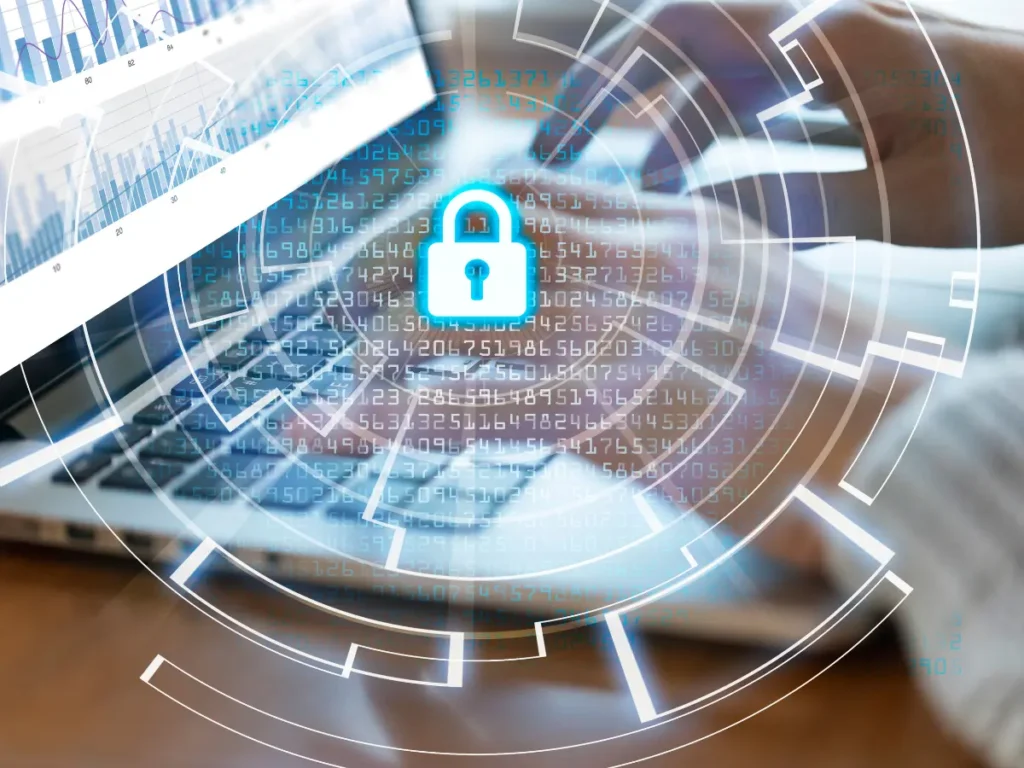Struggling with Customer Trust? Here’s How to Earn It

Struggling with customer trust? Learn 8 proven steps to build lasting relationships and boost brand loyalty, with help from Johan Consults.
A Wake-Up Call: Fight Against The Increased Cyber Attacks in Kenya

Kenya cyber attacks are rising fast, targeting banks, agencies, and citizens. Discover what’s driving them and how Kenya can fight back.
WhatsApp Ban by the U.S House: Lessons for Your Business
U.S House’s WhatsApp ban signals major privacy concerns. Discover what it means for your business and how Johan Consults can help secure your operations.
Cybersecurity Best Practices to Safeguard Your Business

Shield your business from cyber threats. Discover best cybersecurity practices and how Johan Consults keeps your data safe—starting today.
ISO 27001 Certification: Why Information Security Matters for Nigerian Financial Institutions

ISO 27001 Certification helps Nigerian financial institutions secure data, stay compliant & build trust. Train with Johan Consults today.
How to Ensure Data Protection Compliance in Kenya

Are you confident that your business is fully compliant with Kenya’s data protection regulations? In today’s digital world, protecting personal data isn’t just a legal requirement—it’s a responsibility that builds trust with your clients and stakeholders. With the enforcement of Kenya’s Data Protection Act, businesses must take proactive steps to ensure compliance or risk facing serious consequences. Take the WPP Scangroup, for example. In October 2024, the company was ordered to pay damages for mishandling personal data, proving that the Office of the Data Protection Commissioner (ODPC) is serious about enforcing compliance. If a well-established company can face penalties, no business is immune. So, how can you make sure your organization is on the right side of the law? In this guide, we’ll break down the essential steps to achieving and maintaining Data Protection Compliance in Kenya—helping you safeguard personal information, avoid legal trouble, and earn the trust of those you serve. Understanding Data Protection Regulations in Kenya Kenya’s commitment to protecting personal information is stated in the Data Protection Act of 2019. This Act is in line with Article 31(c) and (d) of the Kenyan Constitution, which ensures the right to privacy—a basic human right. Companies are required to get consent from individuals before they can collect, use, or share their personal data. This legislative law ensures that personal data is processed legally, fairly, and transparently, reflecting global norms such as the General Data Protection Regulation (GDPR). For more information about our comprehensive GDPR compliance services, please do not hesitate to contact us. Role of the Office of the Data Protection Commissioner (ODPC) The first Commissioner under Kenya’s Data Protection Act was appointed in November 2020. Let’s take a quick look at what the Commissioner is all about—their main responsibilities, duties, and powers. Here’s a list of them: Key Principles of Data Protection Compliance in Kenya To achieve Data Protection Compliance in Kenya, organizations should focus on the following principles: To learn more, you can also read about the Data Protection Principle. Step-by-Step Guide to Achieving Data Protection Compliance in Kenya Achieving compliance involves a series of strategic actions, here are the following steps to take: 1. Governance, Risk, and Compliance (GRC) Framework Building a strong GRC system that works with the data protection laws that are already in place in different countries. You should also check that company policies and practices comply with both international standards and local regulatory obligations. 2. Data Inventory and Mapping Make a detailed inventory of all the personal information your company gathers and handles, following any applicable data localization guidelines. 3. Legal Basis and Consent Management Identify the legal justification for processing personal data in accordance with Kenya’s data protection laws. Develop strong consent management procedures to guarantee compliance with legal processing and consent withdrawal standards. 4. Data Security and Breach Management Implement suitable technical and organizational safeguards to keep personal information safe from unauthorized access, alteration, disclosure, or destruction. As required by local legislation and GDPR standards, develop procedures for notifying and responding to data breaches. 5. Data Subject Rights and Privacy Policies People are aware of their rights under Kenyan legislation regarding their personal data, including the ability to access, correct, and erase it. Develop clear and transparent privacy rules that outline data processing operations and data subjects’ rights. 6. Awareness and Training Employees should get training on corporate policies, local legal needs, and data protection principles. Create a culture of data privacy awareness to reduce risks and assure continuing compliance. Consequences of Non-Compliance Non-compliance with the Data Protection Act can lead to severe penalties, including fines of up to KShs. 5,000,000 or, in the case of an undertaking, up to 1% of its annual turnover of the preceding financial year, whichever is lower. Additionally, individuals may face fines not exceeding KShs. 3,000,000 or imprisonment for up to ten years, or both. Conclusion Ensuring Data Protection Compliance in Kenya is a comprehensive process that requires a thorough understanding of legal requirements and the implementation of effective data management practices. By adhering to the principles outlined in the Data Protection Act and proactively addressing potential risks, organizations can protect personal data effectively, avoid legal repercussions, and build trust with their stakeholders. If you’re facing challenges with data protection compliance, reach out to us at Johan Consults. We’re here to guide you through the necessary procedures. Frequently Asked Questions on Data Protection Compliance in Kenya 1. Who needs to comply with the Data Protection Act in Kenya? Any individual or organization, regardless of location, that processes the personal data of persons residing in Kenya must comply with the Act. 2. What are the key obligations of data controllers and processors? The key obligations are to ensure data is processed lawfully, and collected for the right purposes. 3. Is registration with the Office of the Data Protection Commissioner (ODPC) mandatory? Yes, data controllers and processors are mandatory to register with the ODPC.


